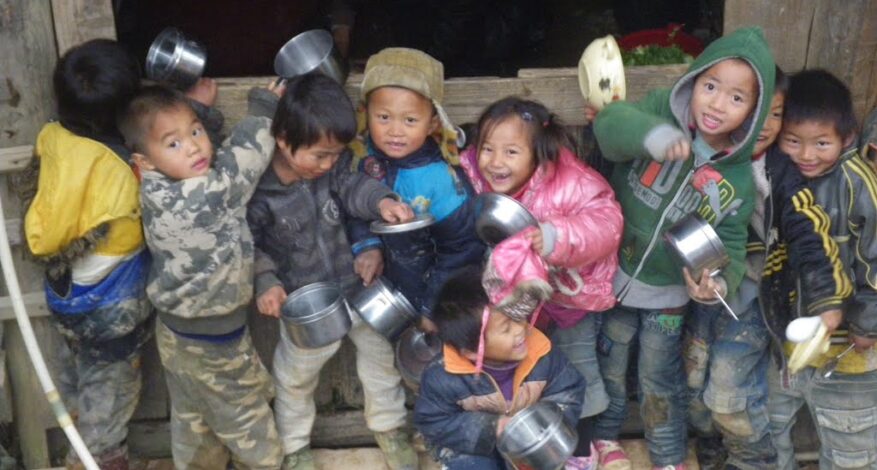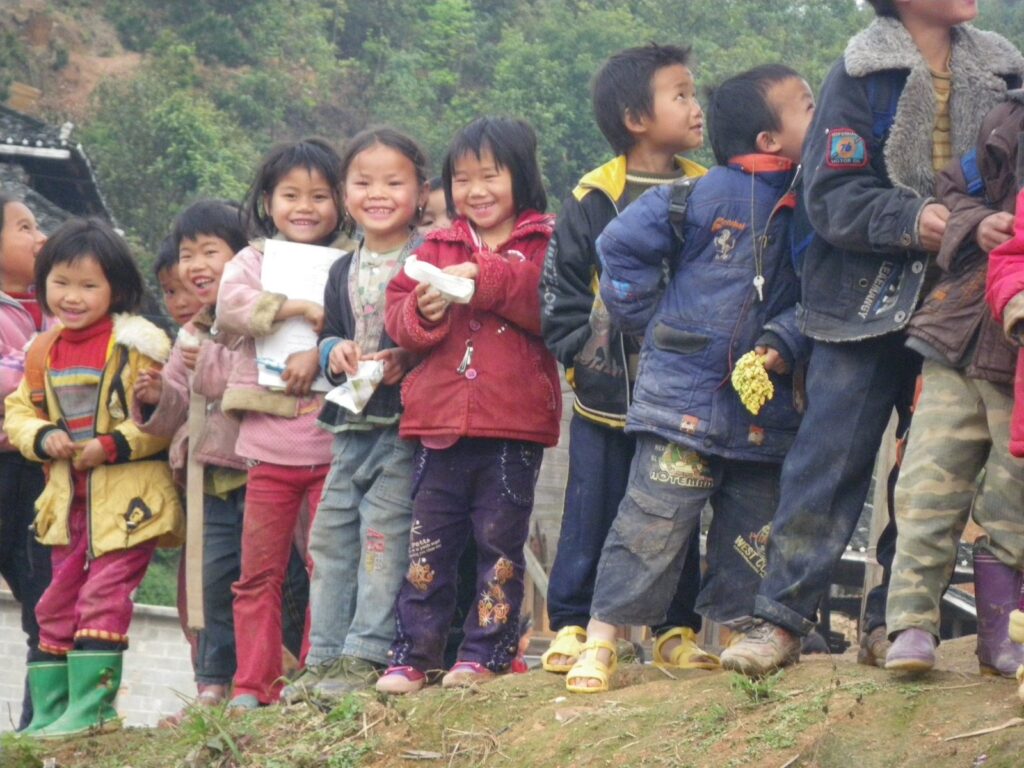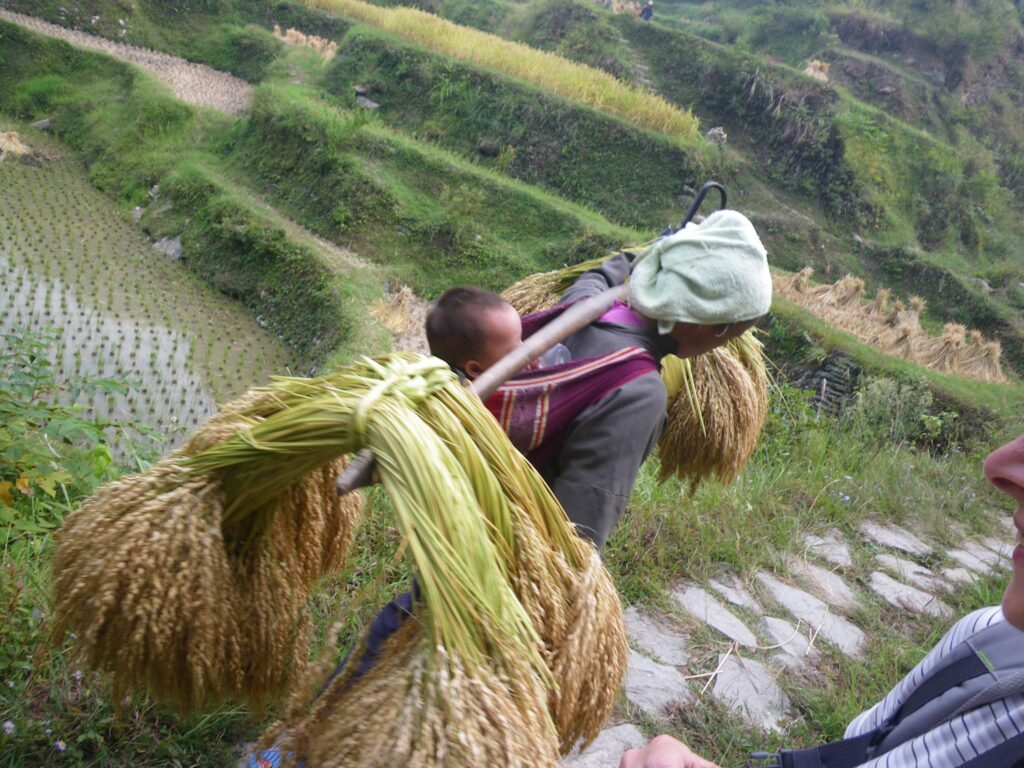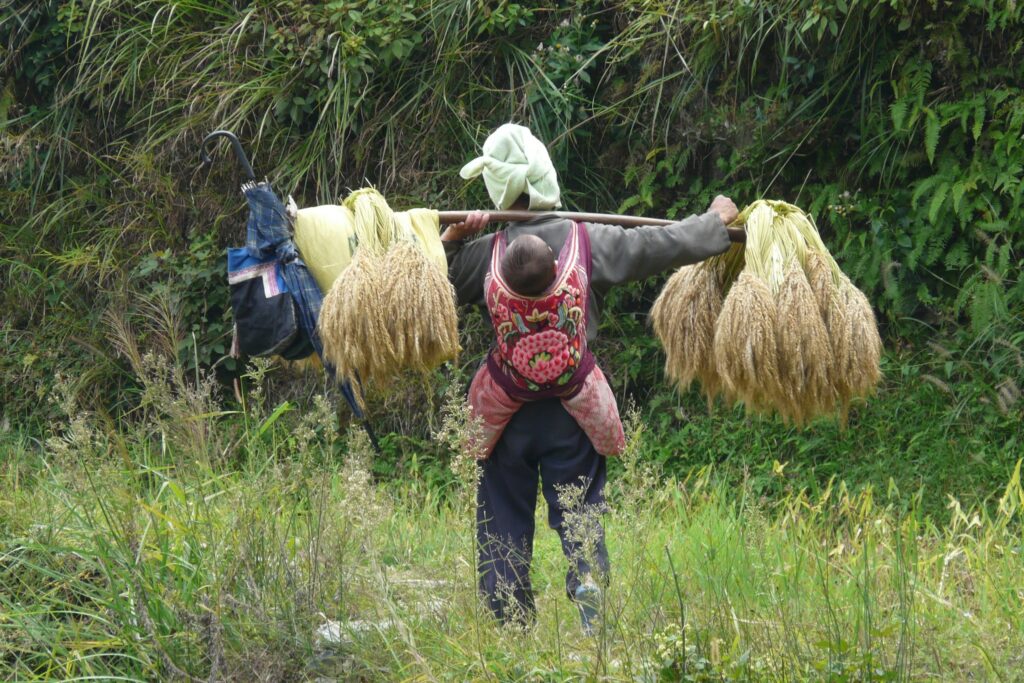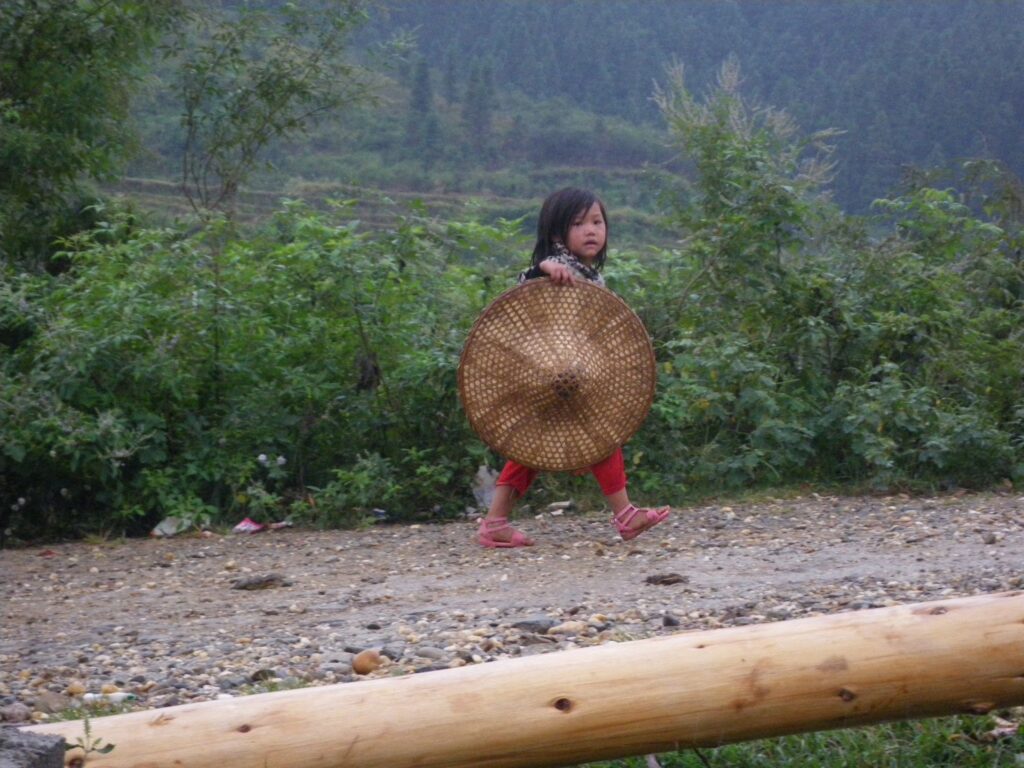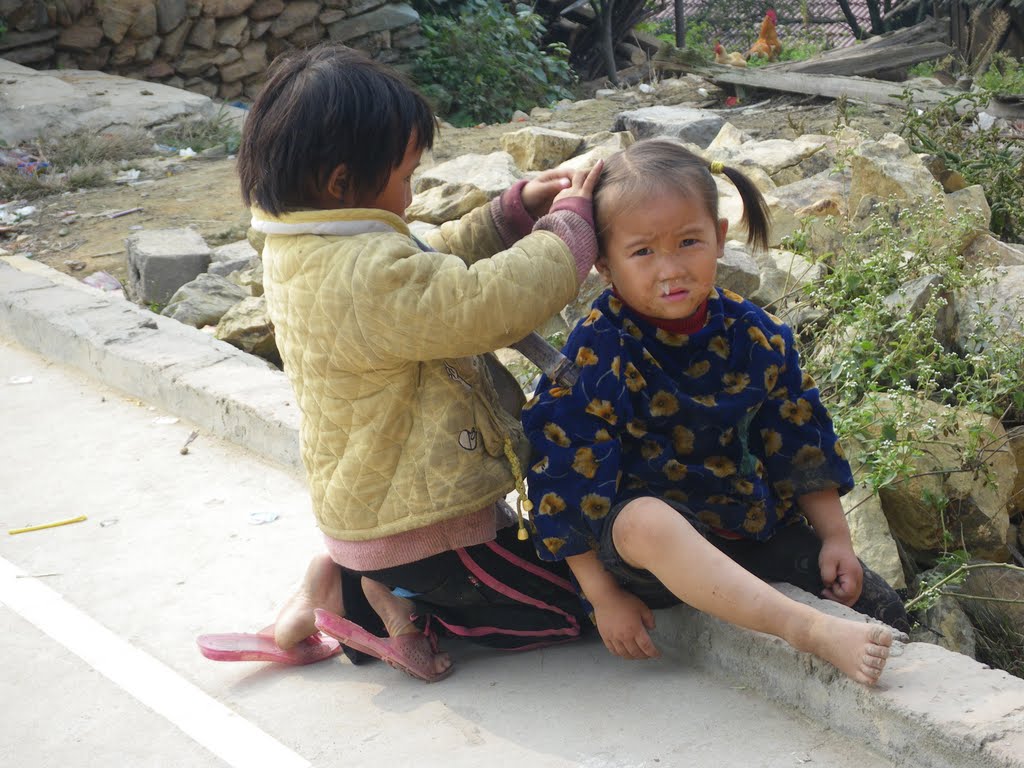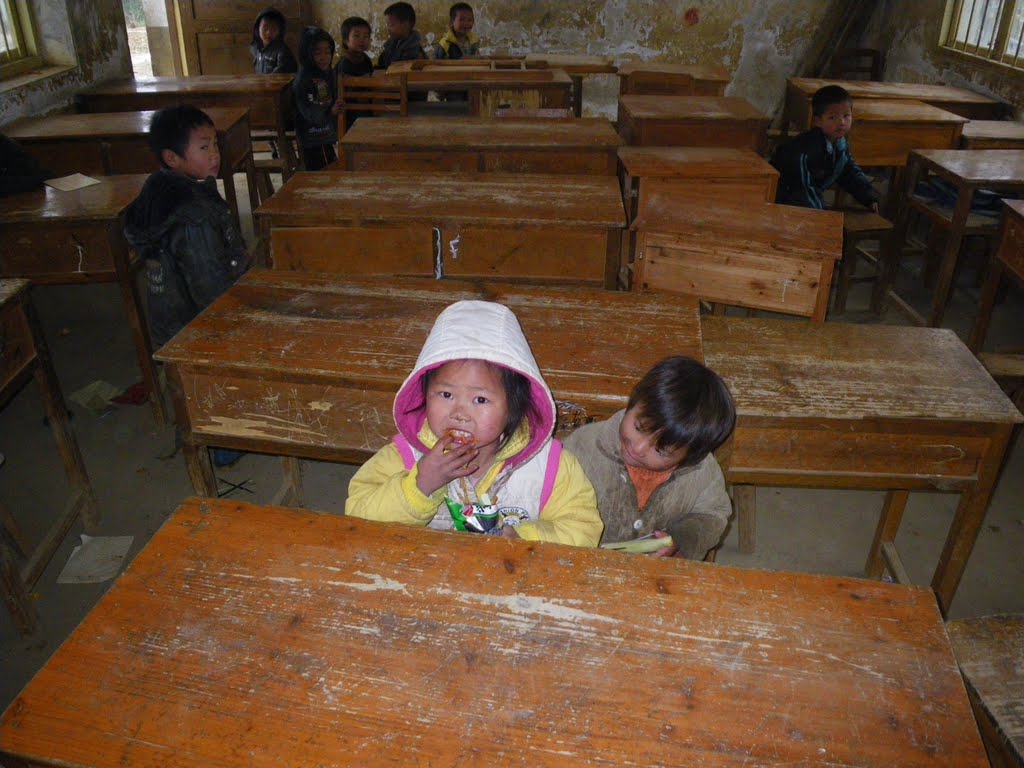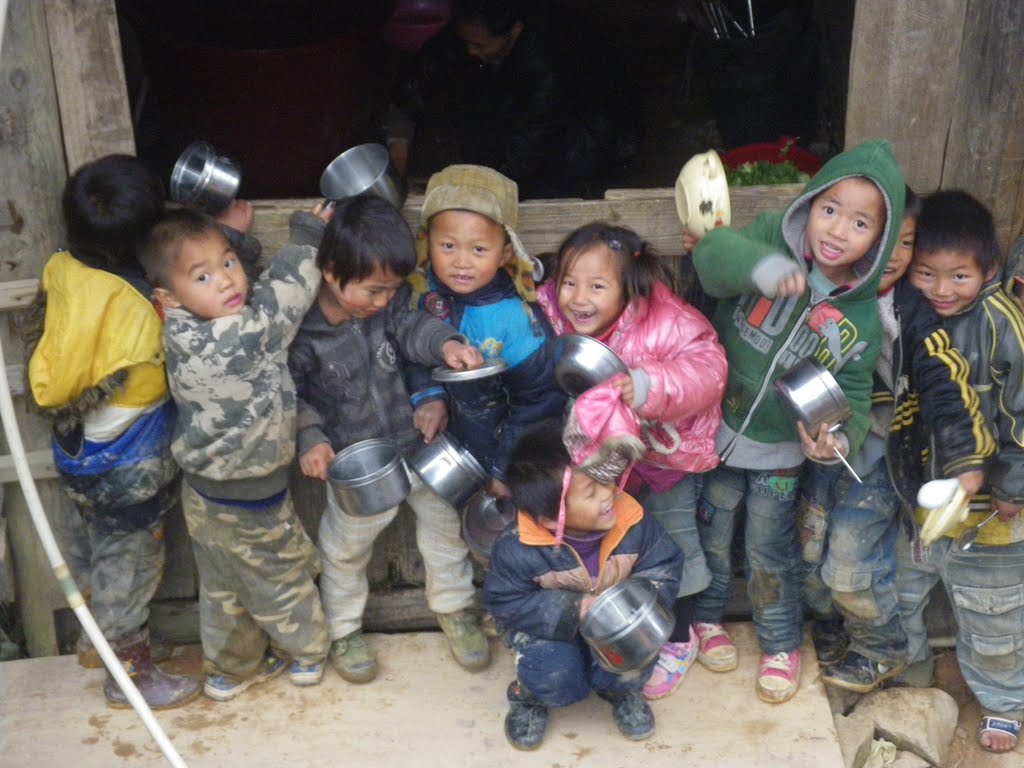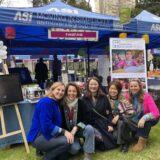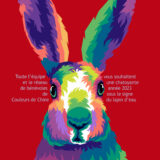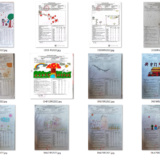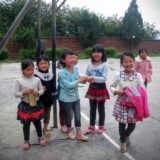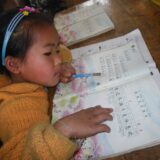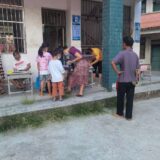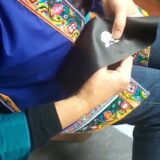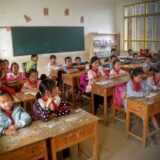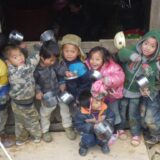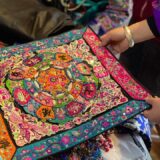The purpose of your sponsorship in a country that has eliminated “absolute poverty”.
In 2015, China’s central government set the goal of completely eliminating absolute poverty in China by 2020. Despite the temporary slowdown in economic development during the onset of the Covid-19 crisis, this project has been pursued with determination. On 23 November 2020, Guizhou province announced the removal of the last nine cantons from the poverty canton classification, meaning that the target has been reached.
Does this mean that there is no more poverty in China and that your sponsees no longer need help?
With kindness and sympathy, you could tell me: “Of course not, it’s relative, and families in the countryside always earn less than those in the city. »

You would be absolutely right. The poverty line in 2020 is 4,000 RMB per person per year (net income), which is about 500 euros. By way of comparison, the minimum wage in a Guangxi canton was set at 17,160 RMB (2,145 euros) in 2020, and the minimum wage in Shanghai is 29,760 RMB (3,720 euros) this year. In addition, the cost of tuition for a year of university averages between RMB 5,000 and RMB 7,000, and specialisations in the arts can cost up to RMB 20,000. Thus, there is still a long way to go for families who have just come out of poverty.
Nevertheless, I would like to tell you a little more about the poverty I have seen and understood here in Danian and what it means to finance your sponsee.
Apart from the financial poverty that you probably already know, there is the poverty of a whole social support system, which includes hospitals and clinics, with relatively reliable doctors and medicines, cultural places such as the library, museum, cinema or bookshop, support structures for parents such as the kindergarten or after-school care, or shops or non-profit organisations that enrich daily life in terms of diversity, well-being and personality development.
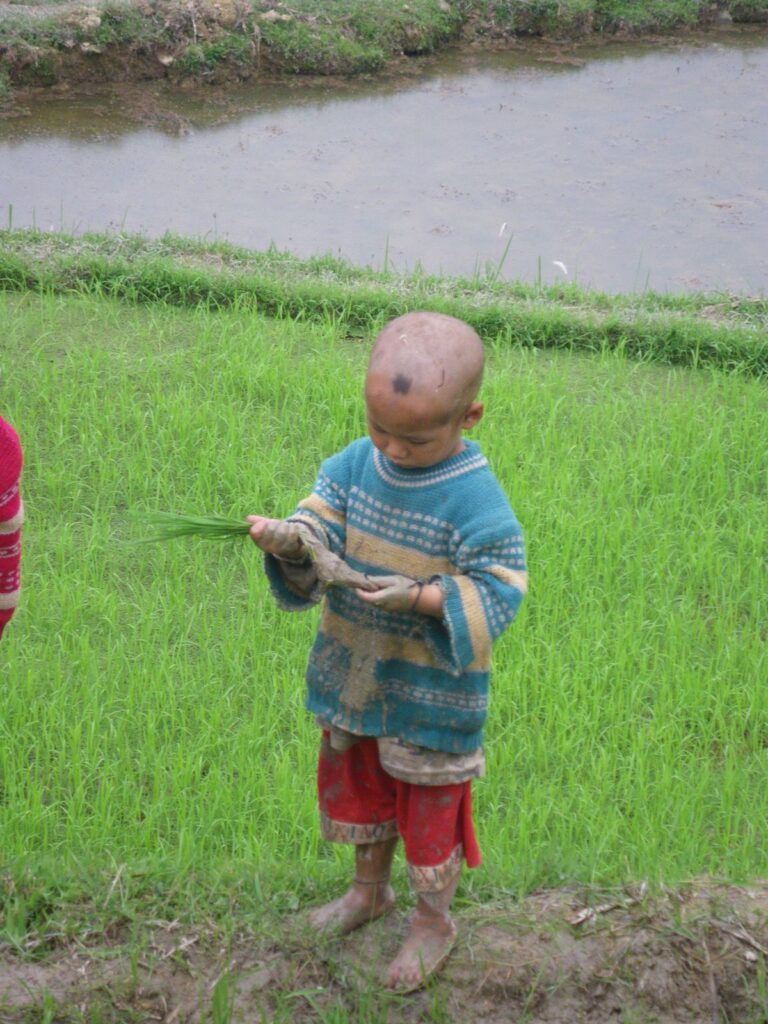
Thus, thanks to your sponsorship, the existence of Couleurs de Chine as an NGO in Danian brings diversity to this social support system which is going to be built little by little thanks to the contributions of multiple actors, companies, government, and individuals like you and me.
There is also a form of poverty in knowledge and skills, apart from those taught in a conventional education system. I would like to mention the ability to express oneself. I met a schoolgirl who told me that she had never been aware of her examination marks because the teacher always published them in the parents’ WeChat group. She doesn’t have a mobile phone and doesn’t dare to ask the teacher about it. Whether because of shyness, fear or the way she expresses her needs, this young girl does not yet know how to make a request for her basic needs.
Another example concerns nutrition and food knowledge. After school, we see many children queuing in small shops to buy sweets or other cheap but poor quality industrial products. They have become accustomed to this type of food which is very salty, sweet or spicy; many lose their appetite when they are presented with a healthy and balanced dish. The main reason is that they do not know the consequences for their bodies of eating these products, which are in fact more easily affordable for them.
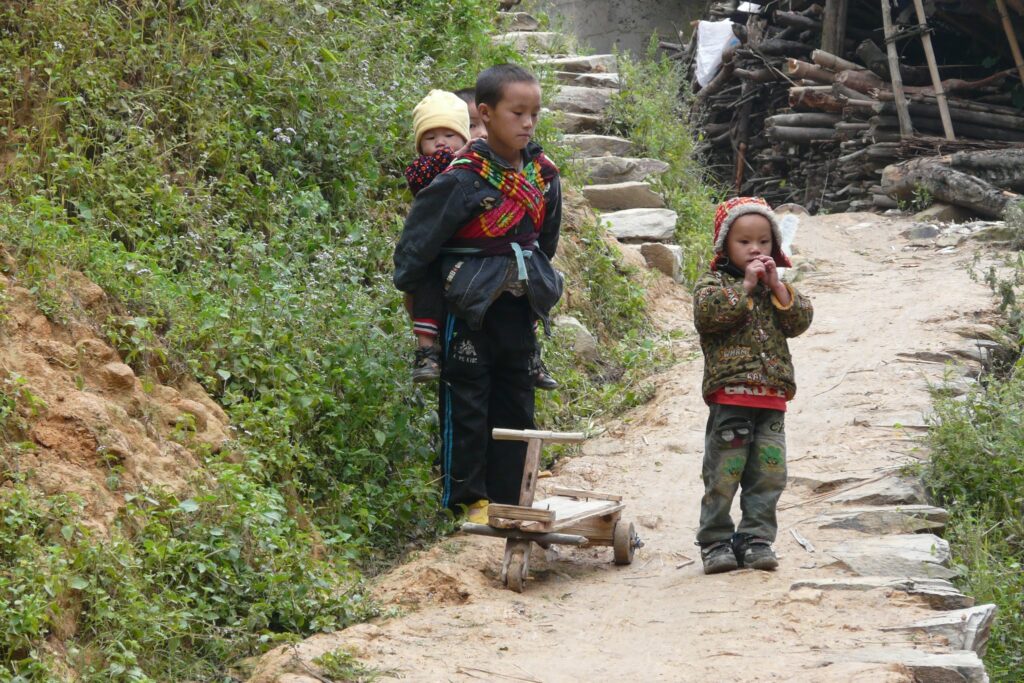
Another expression of this knowledge poverty is the notion of money. When we asked them the question: “In your opinion, how much do you think your living expenses cost for a semester? “the sponsees were perplexed and many replied: “I don’t know, my parents give me money when I run out. » Money is a complex concept for them: they know they need it but don’t know how to use it for their own needs. All these knowledge and skills, familiar for children their age living in big cities, are much harder for them to develop.
For example, a former sponsee explained to me the meaning of sponsorship as she understands it: “In fact, it’s not so much the money that counts. For us, being selected as a sponsee from elementary school offers us a guarantee, because the whole family knows that throughout our schooling, we will be supported by an organisation. “This guarantee gives hope, confidence and stability to many families in precarious situations for whom nothing is really certain or stable: we are not sure of the year’s harvest because of the vagaries of the weather, we are not sure of the family income when many people do odd jobs left and right, and we are not sure of the future because a serious illness can easily put a family into debt and force it to sell off some or all of its assets.
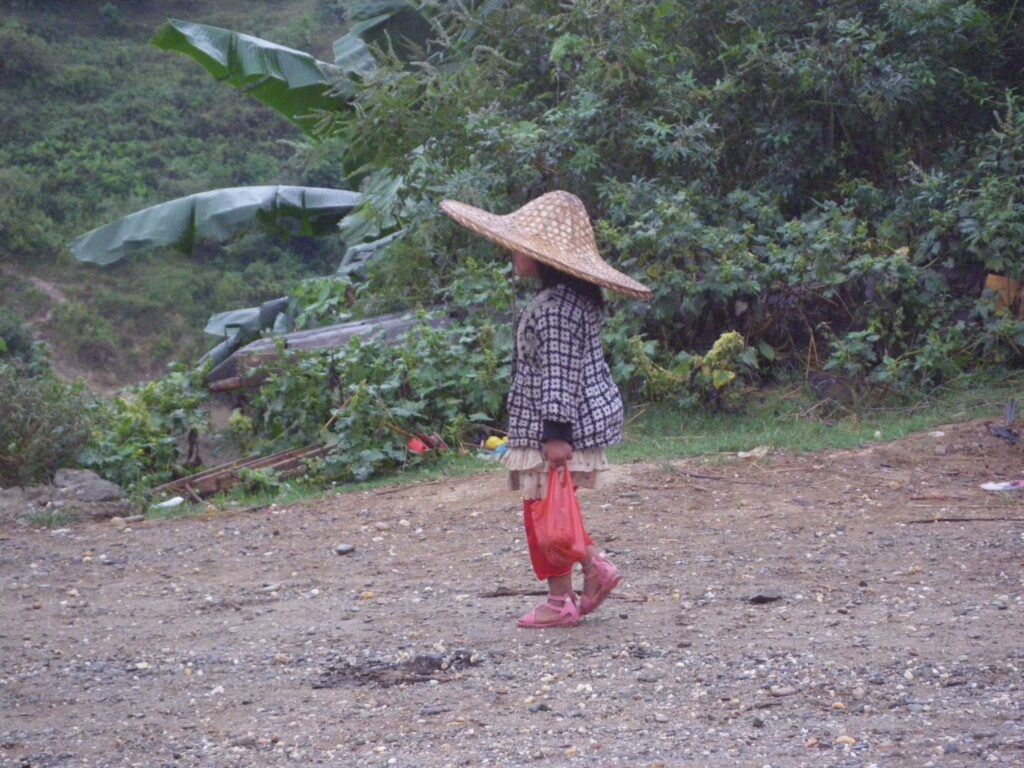
Moreover, a sponsorship, especially when a sponsee has a sponsor, opens a door of communication for these children, who often live alone with their grandparents because their parents work in the city to earn money for the whole family. These grandparents, very attached to their grandchildren, have for the most part never received the slightest education; they only feed them, without being able to help them progress in their schooling.
When I ask the sponsees: ” Do you often phone your parents? “most of them answer no, as they don’t know where their parents work and what their job is. For these sponsees, the sponsorship represents an opportunity for exchange that allows them to meet people from outside their village, to write a few sentences that they carry in their hearts, or to talk a little with someone who cares about them.
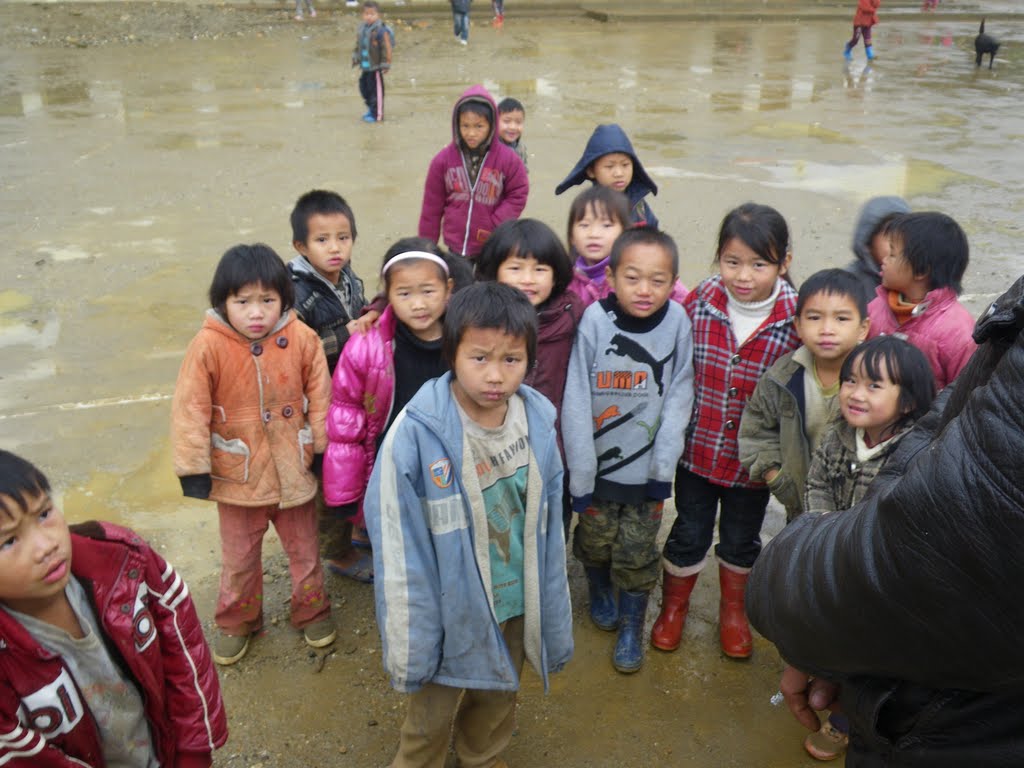
Eradicating poverty is one of the UN’s fundamental sustainable development goals for 2030, but it is a long-term task and, beyond mere numbers, understanding the causes and origins of poverty in order to eventually eradicate it is even more important.
It is said in China that it takes 10 years to grow a tree and 100 years to grow a population through education. Education is one of the most effective tools for fighting poverty, even if its effects are not fully appreciated until much later.
Cet article est aussi disponible en : FR (FR)
